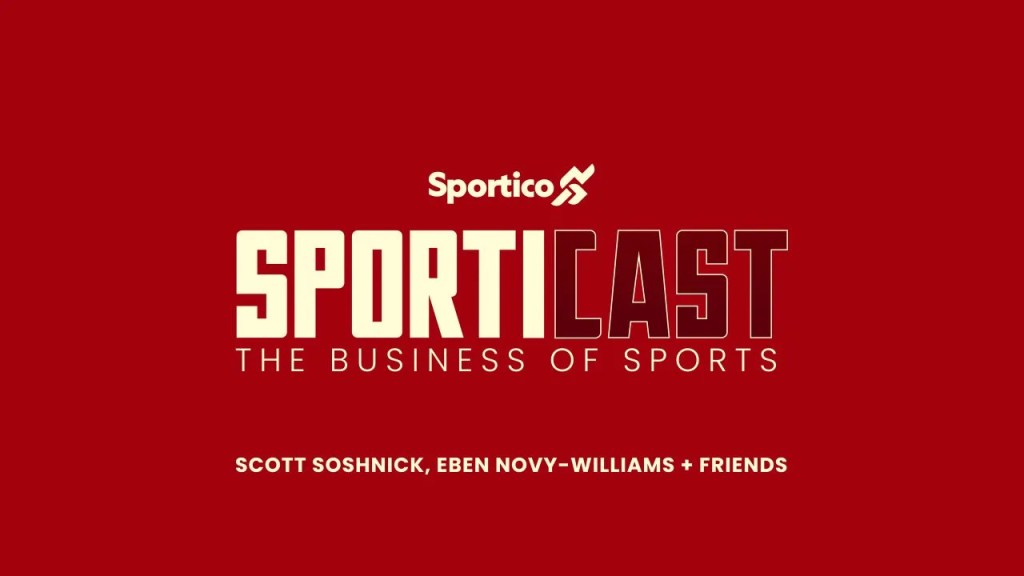On the latest Sporticast episode, hosts Scott Soshnick and Eben Novy-Williams speak with retired Lt. General Rich Clark, the new executive director of the , about his early takeaways from the job and the CFP’s expansion at a time of upheaval across college sports.
Clark spent 38 years in the Air Force before taking the CFP job earlier this year. He replaced Bill Hancock, a frequent Sporticast guest, who had held the position since the CFP was established in 2014.
He discusses the handoff from Hancock, his early impressions of the job, and his relationship with the major college commissioners. He also talks about how the CFP is approaching this particular time of uncertainty in college sports. Players are getting paid under NIL, but will likely soon have more direct revenue sharing; the NCAA is being challenged by a number of antitrust lawsuits that could alter its structure and power; and conference realignment has changed everything from TV payouts to rivalries. Some of that has a material impact on the CFP, while other changes are less direct.
The CFP announced a new six-year, $7.8 billion TV deal right as Clark was taking over. He discusses the CFP’s long-standing relationship with ESPN, and also the media giant’s power in the industry. As conference realignment and CFP expansion dominated headlines in the last few years, some have posited that media networks like ESPN and Fox are the true powerbrokers in college sports. Clark gives his response to that statement.
The trio also talks about how the CFP will distribute its hundreds of millions in annual revenue. The previous structure included equal payments for the Power Five leagues, then much smaller distributions to the next five leagues. Clark doesn’t give specifics on the future structure, but says that it will work similarly–providing more to the leagues and teams that draw the most eyeballs and contribute the most both on the field and off it. That’s in contrast to, say, the NFL, which distributes money evenly to every team regardless of success or commercial value.
Lastly, Clark is asked about private equity’s interest in college sports. He gives a two-word response: “not yet.”
(You can subscribe to Sporticast through Apple, Google, Spotify, YouTube, or wherever else you get your podcasts.)


